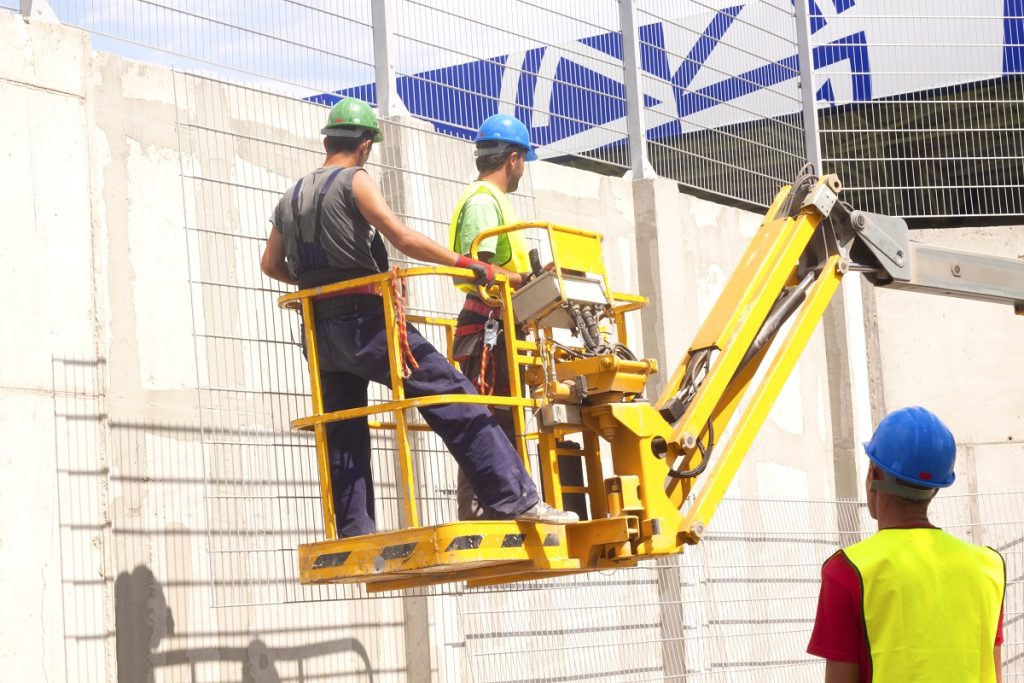- A sound financial plan helps make sustainable construction decisions through careful budget allocation.
- Site selection is critical, considering accessibility, amenities, and environmental regulations.
- Proper architecture and design ensure building functionality and adherence to safety standards.
- The construction phase requires experienced management, supervision, and compliance with local building laws.
- Post-construction, regular facility maintenance is integral to preserving the functionality and safety of the property.
Building a successful commercial property is an investment that primarily depends on the structure’s foundation, which must be durable, resilient, and cost-effective. Nowadays, entrepreneurs and business owners consider premises significant investments for growing their businesses. A commercial building is a long-term project with daunting challenges and high risks.
Entrepreneurs and business owners must have a comprehensive risk management plan to construct a commercial building, considering the possible challenges in site selection, design, and construction phases. This blog post will explore the key considerations for successful commercial building construction.
Financial Management Plan

The financial aspect of building a commercial property includes budgeting the construction cost, expenses, and other expenditures such as legal fees, permits, and insurance. This plan must be drawn up to ensure sustainability, cost-effectiveness, and long-term stability. Entrepreneurs and business owners must obtain funding that caters to their budget and meets their requirements through numerous financing sources like bank loans and mortgages, commercial lenders, or private investors.
Sound Decisions
A detailed financial plan helps business owners make sound decisions when selecting materials and suppliers. If the costs are too high, it could lead to the project being put on hold until more funds become available. It is also essential for contractors and developers alike to be aware of any unexpected changes that might occur throughout the construction process.
Site Selection
Choosing a suitable site for the commercial property should receive careful consideration. Your choice of location should be influenced by factors like accessibility and proximity to social amenities, electricity, water supply, and transport infrastructure.
Selection Process
Moreover, the site selection process requires an appraisal of the land’s terrain, soil stability, and environmental regulations. This analysis will guarantee that the site is suitable for construction and ensure suitable permits and approvals have been obtained from the government’s local authorities.
Architecture and Design
Designing and planning the building is crucial to determining a successful outcome. The entrepreneur and the architect will collaborate to develop a design that satisfies the building’s intended use. The design should portray aesthetic appeal and functionality and abide by updated building and safety codes and standards. Before commencing the construction phase, the owner must ascertain that the design plans have obtained approvals from the relevant authority bodies.
Approved Construction Plan

All work should be carried out according to the approved construction plan and to the standard specifications of the professional association and local government regulations. The building design should be thoroughly reviewed and agreed upon by the necessary parties before construction can begin. You can also look for a company specializing in durable commercial pole building construction. These buildings have no interior walls that facilitate customizing the office spaces. The post-frame construction is durable and can withstand extreme weather conditions.
Construction Management
The construction phase is the most significant stage in building a commercial property. This is where the overall project is converted into reality. It is essential to have a well-managed project plan, constant supervision, and transparent communication that ensures smooth coordination between all involved parties.
Experienced Team
Hiring a construction management team with experience in the field is crucial. It can handle all the complexities of the job while staying within budget. The right team should be able to work with different contractors, suppliers, subcontractors, and other stakeholders to ensure seamless project planning and execution. Additionally, they should have a comprehensive understanding of the local building laws and codes and the ability to resolve any issues arising during construction.
Facilities Maintenance:
After the construction has been completed successfully, regular facility maintenance is vital to guarantee a sustainable and functional commercial property. Commercial property maintenance includes landscaping, plumbing, electrical, and equipment maintenance.
Commercial Property Maintenance
As an entrepreneur or business owner, you should consider hiring a management company specializing in commercial property maintenance to assist you in the upkeep of your commercial property. Hiring a professional will ensure that all necessary repairs are completed promptly and efficiently, ensuring your property remains safe and in good condition. Furthermore, regular commercial maintenance can identify problems before they happen, potentially saving you from costly repairs in the future.
A well-executed commercial building project design and development plan that considers financial, site selection, architecture, construction, and facilities maintenance is paramount in ensuring successful outcomes and delivering sustainable investment returns. Entrepreneurs and business owners should collaborate with professionals who specialize in the areas discussed in this blog to guarantee that the project design meets their needs and that the completed project is functional and aesthetically appealing.

